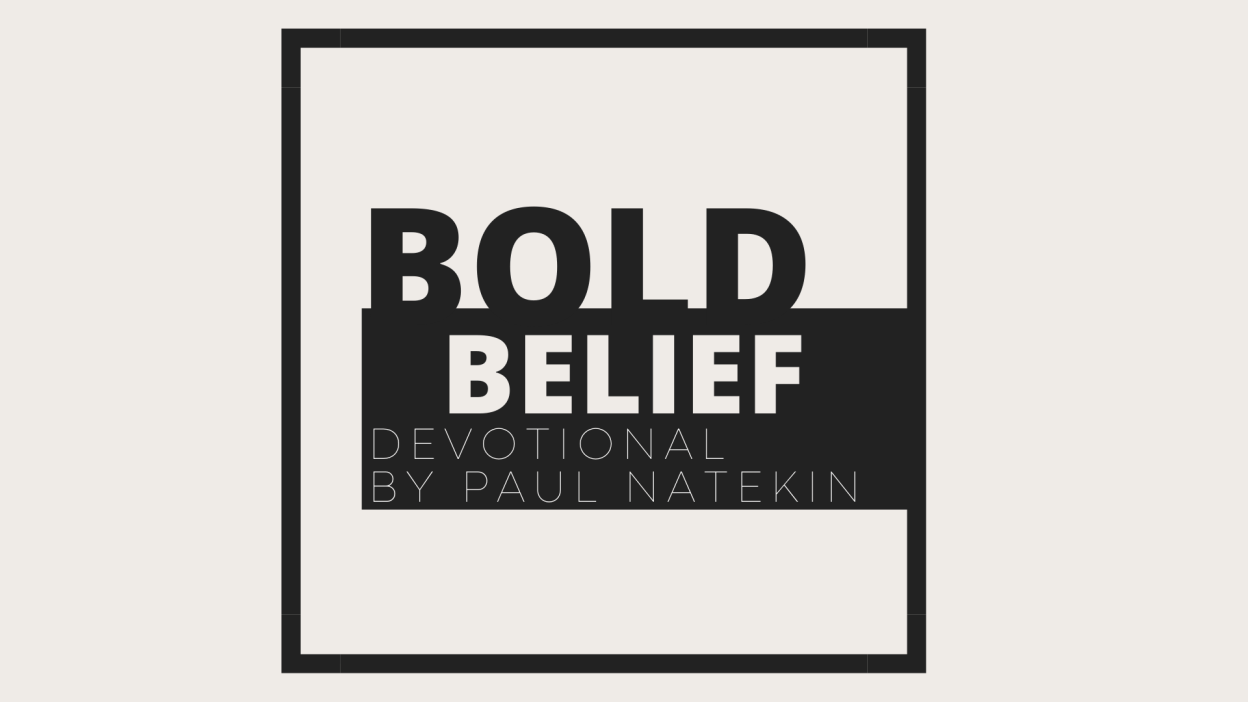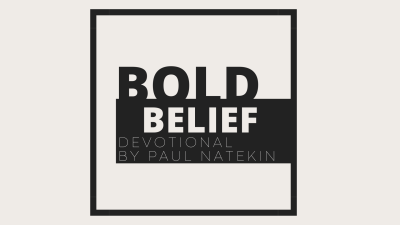#BoldBeliefDevotional by Paul Natekin
Key Bible Verse:
“Let your ‘Yes’ be ‘Yes,’ and your ‘No’ be ‘No’; anything more than this comes from the evil one.” — Matthew 5:37 (ESV)
Have you ever noticed how much we rely on oaths and promises to verify our truthfulness? In biblical times, oaths were incredibly serious—so much so that breaking an oath was seen as a grave offense. Yet, Jesus challenges us in Matthew 5 to live so honestly that we would need no elaborate oaths at all. How comforting is it to know that our simple, sincere words can reflect a heart committed to truth?
Apologetic Insight:
(from Greek ἀπολογία, ‘speaking in defense’) Defending and explaining faith with reason and evidence.
Throughout Scripture, oaths appear as a testament to the seriousness of our commitments. In the Old Testament, they underscore the sacred nature of promises before God (Exodus 20:7, Leviticus 19:12), while even the New Testament reinforces this idea with examples like Paul’s invocation, “I call God to witness…” (2 Corinthians 1:23). However, Jesus shifts our focus from the legalistic use of oaths to an inner integrity. His words in Matthew 5 remind us that true faith is evident in a life marked by honesty. Think of it this way: if our reputation for truthfulness is evident in every conversation, there is no need to bolster our words with elaborate vows. As apologists like J. Warner Wallace and C.S. Lewis have pointed out, our character—consistently displaying honesty—is our most compelling witness to the world. This isn’t just legalism; it’s a call to live authentically, reflecting the integrity of Christ in us. By embracing simplicity in our words, we follow a God who values inner truth over outward ritual.
Encouragement & Application:
This teaching encourages us to prioritize personal integrity over the need for extra assurances. When we speak simply and truthfully, our lives mirror the character of Jesus, whose honesty and transparency are at the heart of His ministry. Rather than worrying about the formalities of oaths, focus on cultivating a daily practice of living authentically—whether that means being honest in your relationships, studies, or faith discussions. Remember the pearl of wisdom: your reputation as an honest person will be a key component in all your future successes in life. Let your “Yes” be a reflection of a heart committed to Christ, and your “No” a clear boundary that honors His truth.
Reflection Questions:
- In what ways can your everyday words and actions reflect the honesty Jesus calls for?
- How does embracing simplicity in your speech change the way you relate to others and to God?
- What practical steps can you take this week to reinforce the integrity of your everyday commitments?
Prayer:
Dear Lord, thank You for the example of honesty and integrity found in Your Son, Jesus. Help me to live in such a way that my “Yes” is truly yes and my “No” is simply no—without the need for elaborate oaths. Grant me the strength to be authentically truthful in all areas of my life, reflecting Your character to everyone around me. I ask for Your guidance as I strive to build a reputation rooted in truth and trust. In Jesus’ name, Amen.

